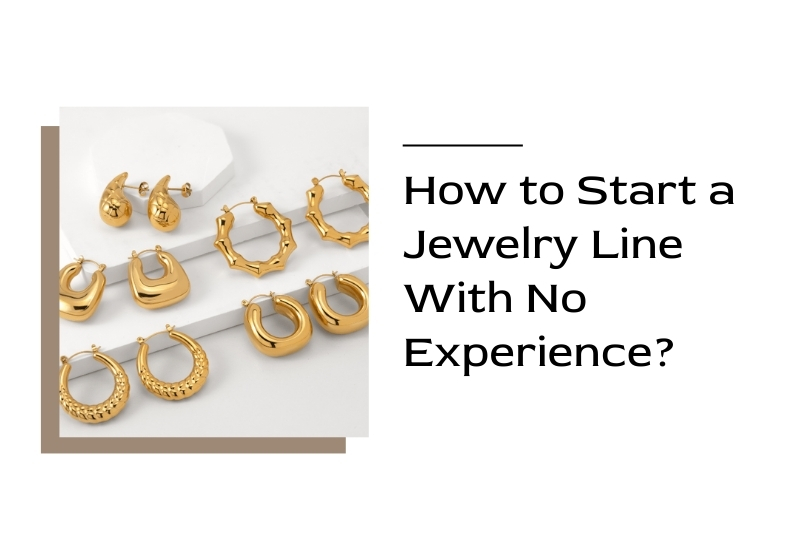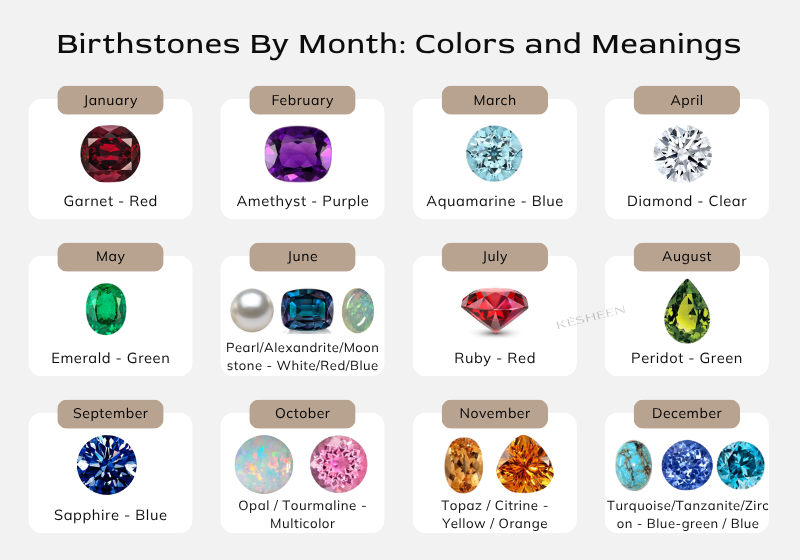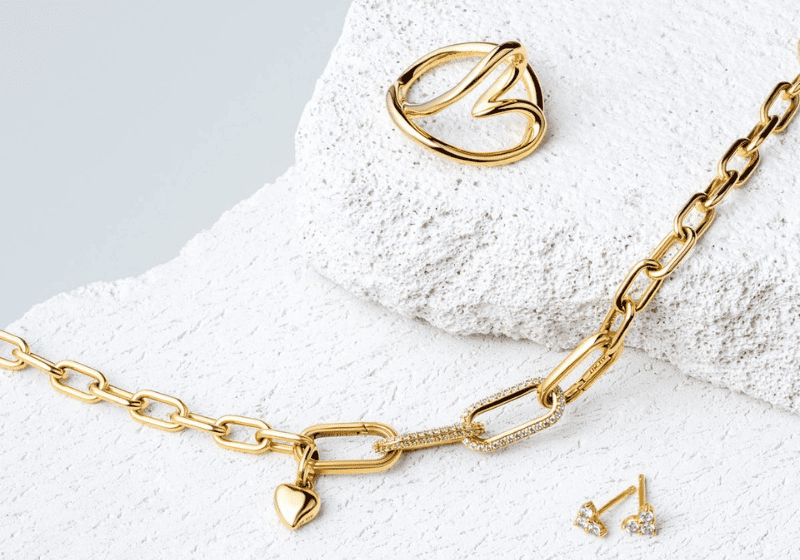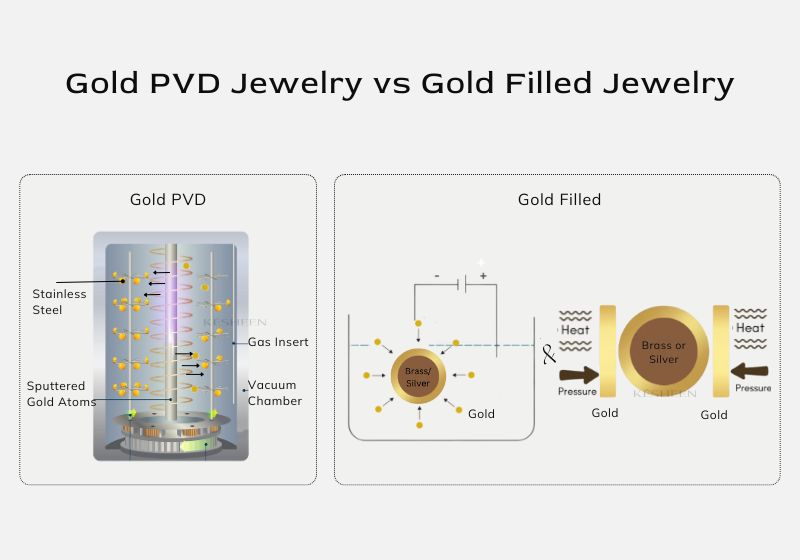Starting a jewelry line from scratch might seem daunting, especially if you have no prior experience in design or even e-commerce. But with the right approach, you can turn your passion into a thriving business.
Whether you’re dreaming of a small jewelry business or aiming to start an online jewelry business, this guide provides practical, actionable steps to help you launch and grow your jewelry brand.
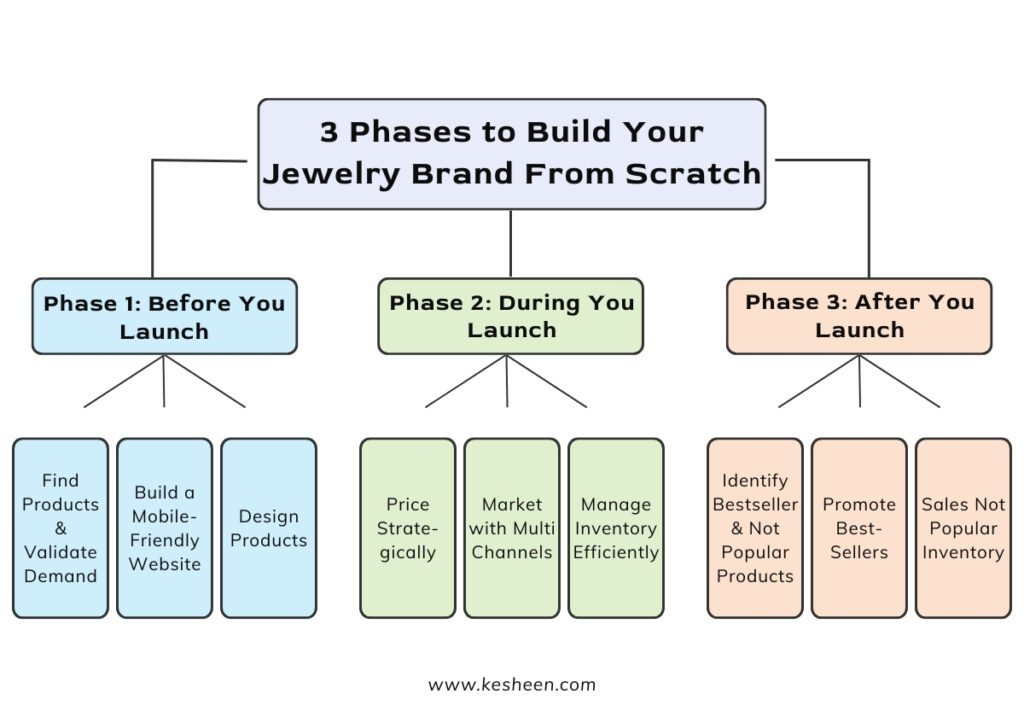
Phase 1: Before You Launch – Lay the Foundation
Your success starts long before your first product goes live. This phase is all about thoughtful preparation to avoid costly mistakes.
- Find Products & Validate Demand
- Find Products You Want to Sell, and Research Demand
Begin by brainstorming jewelry styles and materials that resonate with you. Are you drawn to delicate necklaces, bold statement earrings, or personalized rings?
Use tools like Google Trends to see search interest. Explore platforms like TikTok, Pinterest, and Instagram to see what types of jewelry are trending and receiving high engagement.
- Analyze Competitive Products
Identify existing jewelry brands in the niche you’re considering. What are their price points, materials, and designs like? What are their strengths and weaknesses? Look for gaps in the market to offer something unique or better.
- Build a Simple, Mobile-Friendly Website
Your website is your storefront. Use platforms like Shopify or Wix with customizable themes to build a clean storefront. Ensure your site is clean and mobile-optimized.
- Design Products
You don’t need to be a professional designer to create stunning jewelry. Sketch ideas by hand, noting shapes, sizes, and materials, or use free tools like Canva, Figma, or Procreate for digital mockups. Design with your target audience in mind, not just your personal taste.
Phase 2: During Your Jewelry Journey: Build Momentum
With your foundation in place, it’s time to execute smartly and optimize continuously to grow your small jewelry business.
- Price Strategically for Profit and Appeal
You don’t need to squeeze the same profit margin from every product. Instead, aim for a healthy overall business margin—20% net profit is a strong benchmark. Use a mix:
- Traffic Products – 2–3 lower-priced items to attract customers.
- Best Sellers – Core items balancing margin and demand.
- Iconic Product – High-margin items to boost brand image.
- Market with a Multi-Channel Approach
Relying on a single marketing channel limits your reach. Instead, use a mix of social media (Instagram, TikTok, Pinterest), email marketing, and paid ads. A multi-channel marketing approach maximizes visibility and drives traffic to your jewelry business.
- Manage Inventory Efficiently
Efficient inventory management is vital to avoid stockouts, minimize holding costs, and ensure you can fulfill orders promptly. Explore this step-by-step guide to manage your jewelry inventory.
Phase 3: After You Launch – Optimize & Scale
Your first launch will teach you a lot. This phase is about learning, improving, and expanding.
- Identify Best-Sellers and Unpopular Products
Look at sales reports and customer feedback. Which items get the most attention, and which ones sit untouched?
- Promote Best-Sellers
Create campaigns for top products using social media, influencer partnerships, and ads. Highlight how and when to wear them—think gifting guides, styling tips, or seasonal angles.
- Clear Unpopular Inventory with Strategic Sales
Offer discounts on underperforming items. Frame it as an exclusive offer—”last chance,” “archive sale,” or “limited restock.” Bundle with best-sellers to move stock faster.
- Plan Smart for Next Production Runs
Use sales data to guide future orders. If stainless steel chunky earrings are your top seller, prioritize them in your next order from your custom jewelry manufacturer. Avoid overproducing designs with low demand.
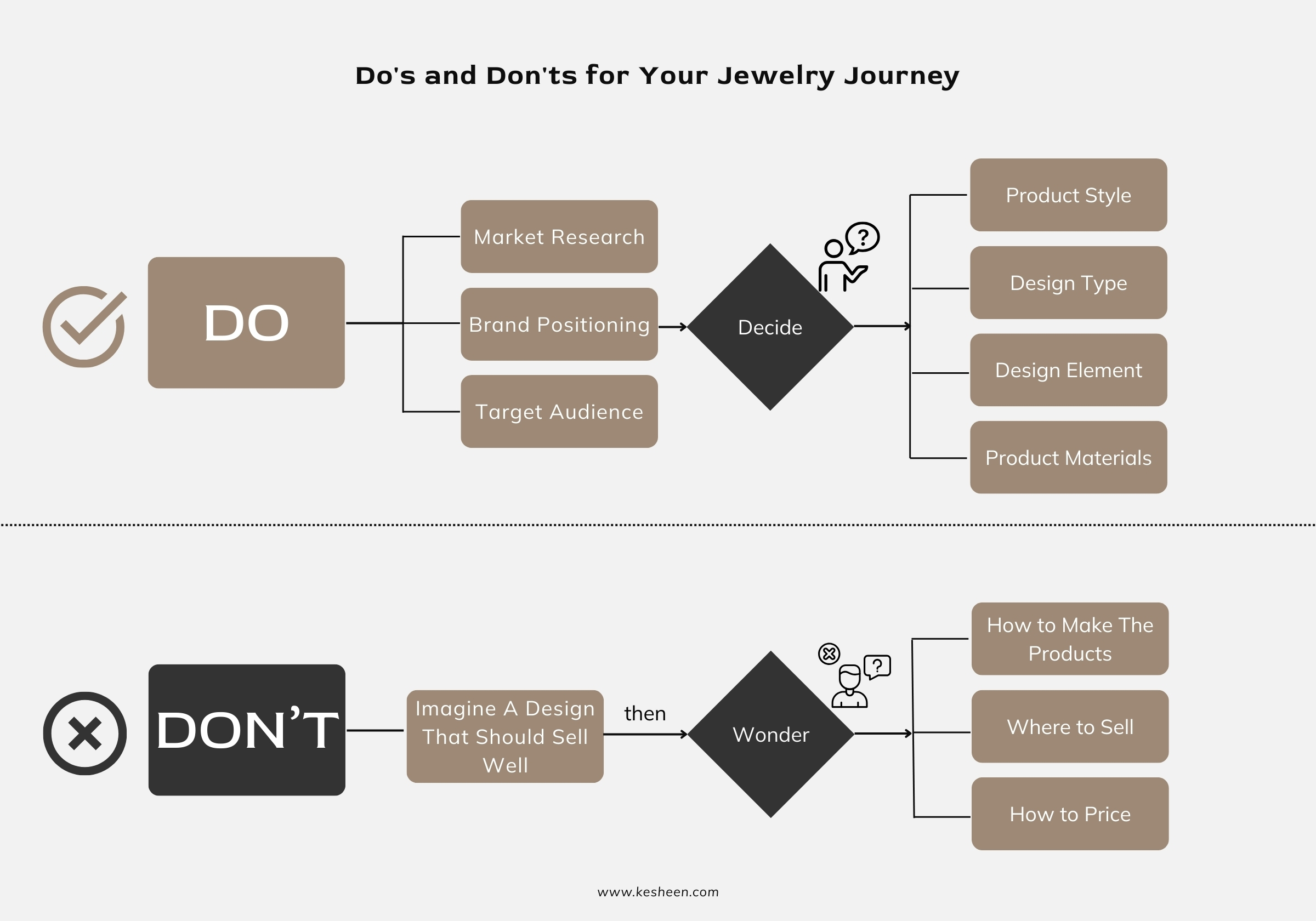
The Right Path – Do’s and Don’ts for Your Jewelry Journey
Starting a jewelry line involves making many decisions. Here’s a quick guide to some key do’s and don’ts to keep you on the right track.
Do
- Research Your Audience, Then Design Products
Don’t dive in headfirst just because you’ve found one or two jewelry designs you think are great. Study their preferences, needs, and buying habits that resonate with them. These shape your product styles, design types, elements, and materials.
- Define Your Brand Voice
What story does your jewelry tell? What feelings do you want to evoke in your customers? Create a story and emotional connection to stand out and build loyalty for your jewelry line.
- Price Strategically
Consider your target audience’s willingness to pay, your brand positioning, and your profit goals when setting your prices.
- Embrace Feedback
Use reviews and comments to understand customer preferences, identify pain points, and refine your products and services.
Don’t
- Don’t Imagine A Product That Should Sell Well First
Without understanding your target market, you risk designing products that no one wants to buy. Always start with research and define your audience before you start designing.
- Don’t Overproduce Designs on a Small Budget
Producing too many designs spreads your budget thin and risks unsold inventory. Focus on 3-5 core pieces to test the market and build momentum.
- Don’t Try to Appeal to Everyone
Carve out your niche by focusing on a specific target audience and catering to their unique tastes and preferences.
- Don’t Neglect Customer Service
Poor service damages your reputation. Respond to inquiries within 24 hours, offer clear return policies, and include a jewelry size guide to reduce sizing issues.
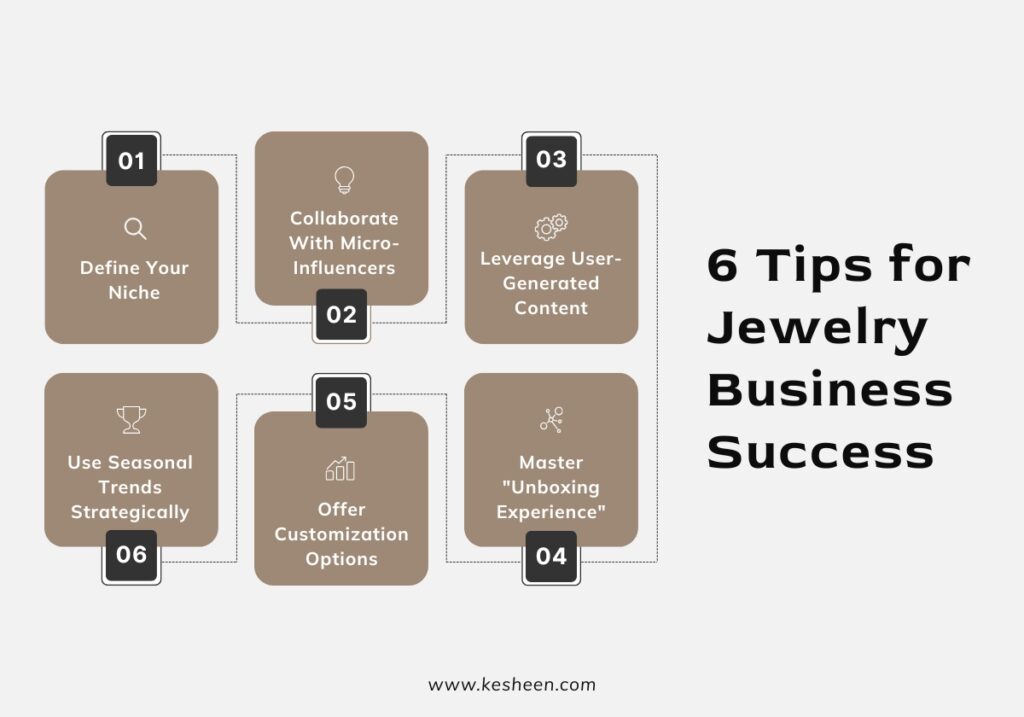
Top Tips for Your Jewelry Business Success
Here are some additional top tips to help your jewelry business thrive in the competitive online landscape.
- Define Your Niche
Define your niche within the broader jewelry market. This could be based on material (e.g., stainless steel jewelry, PVD gold plating jewelry) or style (e.g., minimalist, unisex). Research competitors and explore some profitable niche examples to find your unique angle.
- Collaborate With Micro-Influencers
Partner with influencers (10k-50k followers) who align with your brand. Offer a free product in exchange for a post. This can be a cost-effective way to reach your target audience and build brand awareness through trusted voices.
- Leverage User-Generated Content
Encourage customers to share photos of your jewelry on social media with a branded hashtag and give them a free product sometimes. Repost UGC to build trust and showcase real-world appeal.
- Master the Art of the “Unboxing Experience”
Create memorable unboxing moments with branded packaging, thank-you notes, or small freebies. This enhances customer satisfaction and encourages social media shares, boosting your jewelry marketing ideas.
- Offer Customization Options (Even Simple Ones)
Simple personalization, like choosing chain length, initial letters, birthstones, or engraving, adds value. Promote these options on your website to attract customers seeking unique pieces.
- Use Seasonal Trends Strategically
Align your products with holidays or trends (e.g., heart-shaped pendants for Valentine’s Day, pearl jewelry for Mother’s Day). Plan campaigns early to capitalize on peak shopping periods.
Your Jewelry Journey Starts Now
Starting a jewelry line with no experience isn’t just possible—it’s an exciting and rewarding adventure. Whether you’re building a small jewelry business or planning to start an online jewelry business, your passion paired with the right approach can take you far. Bookmark this guide, revisit it often, and don’t forget: every successful jewelry brand was once a beginner.
